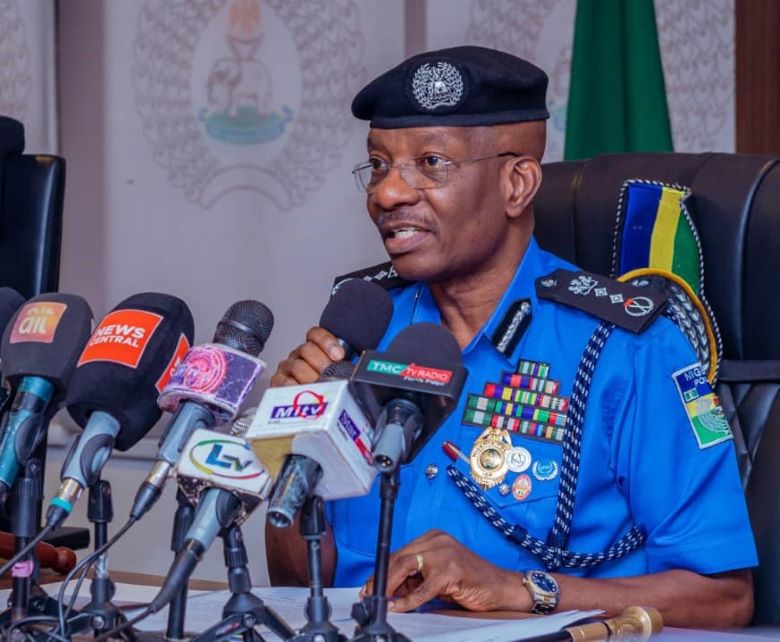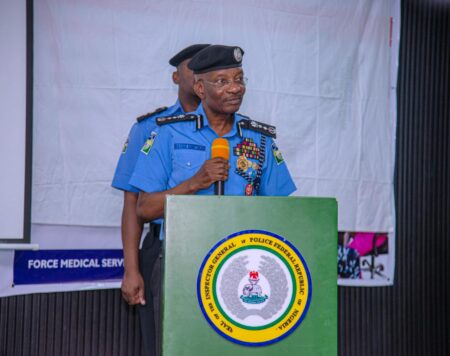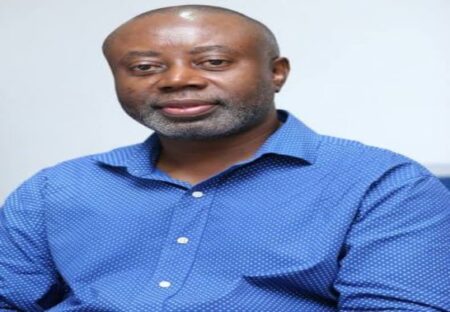By Chris Ewokor
The devastating attack on the Kaduna bound train from Abuja on Monday 28 March 2022, comes barely six months after the rail line was breached in October 2021. Authorities said some explosives were planted on the track. And when the locomotive got there, they got detonated.
After that first incident, the Managing Director of the Nigeria Railway Corporation Mr. Fidet Okhiria told the BBC that a system of surveillance was being put in place to ensure such attack does not occur again. “We have tried to fix it back,” he said. “The intelligence and security department of the nation have taken it up seriously. And right now, we have patrol of the track. Our signaling has some security embedded in it. And we are working on that seriously to ensure that the implementation comes fully on board. And we are trying to have another layer of security, which will be involving satellite for real time monitoring on our tracks and communication system.”
Following the second attack on the rail line on Monday, 28 March, there have been a lot of questions on how really secure the Nigerian rail lines are. Has the management of the Nigeria Railway Corporation lied about rail tracks monitoring and surveillance especially when trains are in motion?
Are there satellite real time monitoring of the tracks as was claimed? Has the government invested in the railway without commensurate investments in security, surveillance and monitoring of the system?

If this is the case, has the government and the Nigeria Railway Corporation, the country’s rail transport system been taking the security of lives of Nigerians for granted?
Who is actually in charged of securing Nigerian rail lines?
On Tuesday 29th March after the horrific attack, the Minister of Transport Mr Rotimi Amaechi, whose Ministry supervises rail transport in Nigeria, visited the scene of the attack and declared, “I am devastated and I honestly don’t know what to tell Nigerians anymore; the process of procuring the integrated security surveillance and monitoring solution has been tedious, if the processes were shortened, we would have saved lives.”
He told the BBC that, “during the attack, there was a response from the policemen in the coaches, about 18 of them. But unfortunately, their magazines finished, and they were overpowered by the bandits who had more fire power. Obviously, we didn’t anticipate that they would have that level of weaponry. But now we have learnt our lessons and we will take it from there.”
Mr. Amaechi described the scene of the attack as chaotic. The location was below a hill. According to him, the attackers were on top of the hill. They had demobilized the coaches by using EIDs to blow up the rail, making the train to derail. “So, they gained access into the coaches after police exhausted their ammunitions.”
But he refused to see the attack and growing insecurity in the country as a failure of government or security agencies. He said that his ministry only has some policemen deployed to man the coaches; and they were not enough to take on the criminals.
“The issue is that we are yet to install the surveillance system. If we had installed it, we would have known there was going to be an attack, so you can’t blame anybody. I just left about five patients now in the hospital. I am happy they were not blaming us. I was surprised. What you will see in Nigeria is that Nigerians will blame the government and say, ‘oh you have not done anything.’ Here they quite understood that we were helpless at that point in time. They also understood that the army came to rescue them, and they also understood that we are prepared to do anything possible to secure their lives. The government is doing everything possible to rescue those that are kidnapped, unfortunately we lost eight people.”
Going further, the Minister said, “you cannot say Nigeria is a failing state. The reason for the insecurity we have now is the issue of poverty. Nobody can run away from the fact that poverty did not start from this government. The inability of the previous government to deal with the issue of poverty when they had all the resources is what has brought us to where we are today. So, if you want to deal with insecurity, you must first and foremost deal with poverty. When the economy cannot offer services, revenue or income to people it results to illegitimate means of economic growth.”








